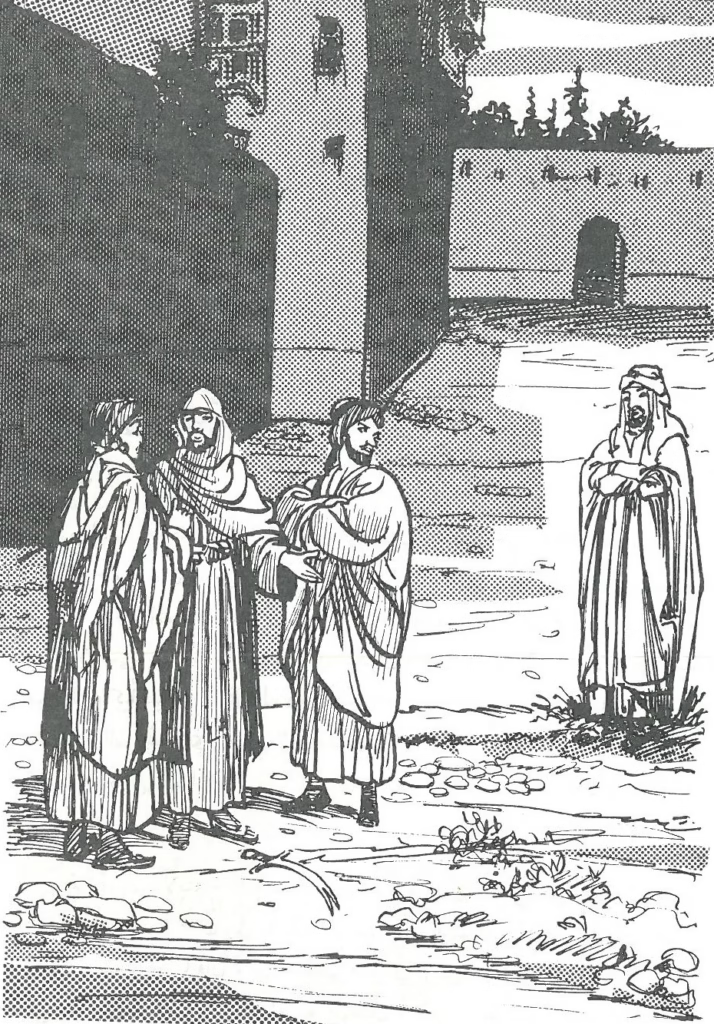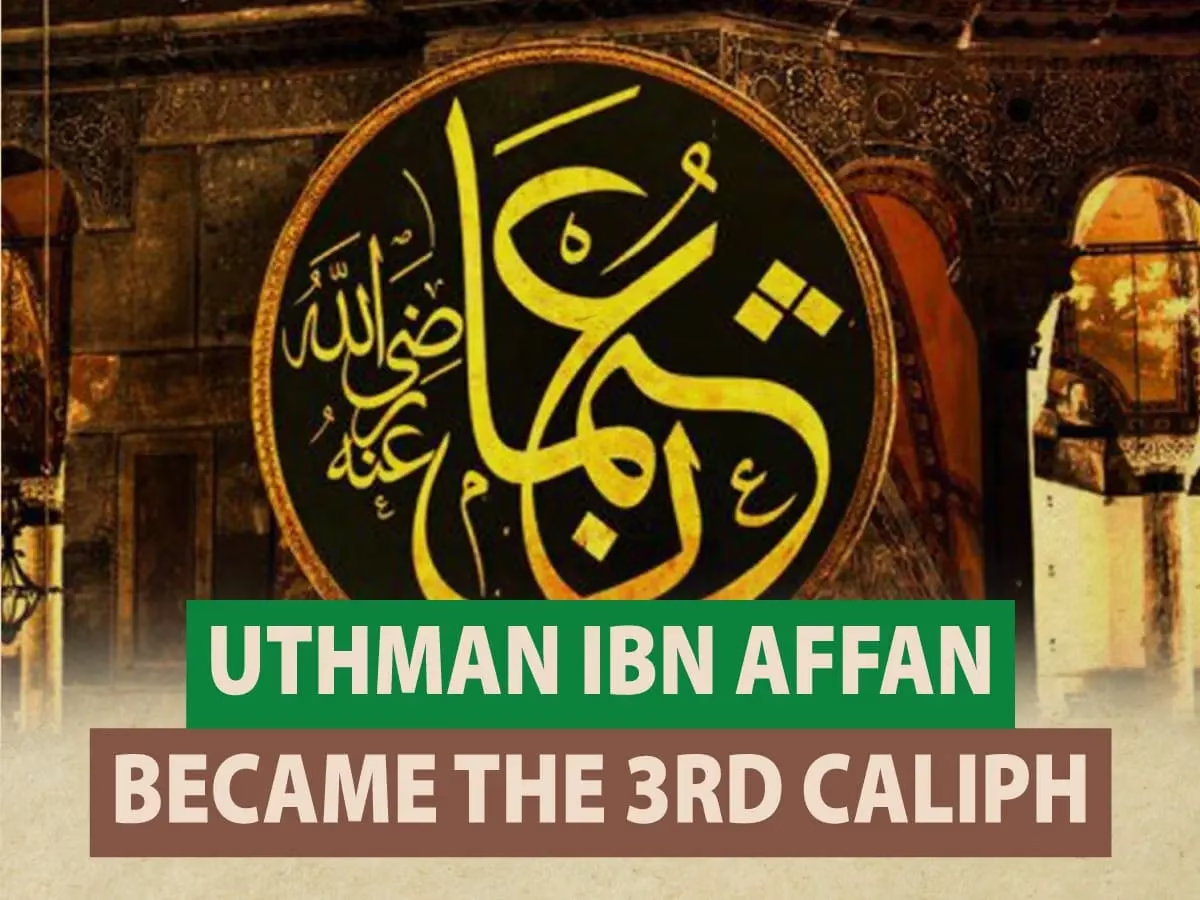On November 2, 644 AD/CE, the second Rashidun Caliph, Umar ibn Al-Khattab, passed away after being stabbed three days earlier by a Persian slave, Abu Lu’lu’ah Firuz, during the Fajr prayer in Masjid al-Nabawi. With his tragic death, a glorious rule of ten-year of justice, strength, and expansion came to an end.

A Tumultuous Aftermath
Right after his death, the unity of Muslims was disturbed as tribalism raised its head. Umar was an effective leader, warrior, and administrator. During his tenure, he kept in check everything that could threaten the unity of the Muslims.
See Also: Abu Bakr al-Siddiq Family Tree
Who Was Abu Lu’lu’ah Firuz?
Abu Lu’lu’ah was originally a Sassanid soldier who was captured following the Muslim victory in the Battle of al-Qadisiyyah in 636 AD/CE. He was brought to Arabia as a slave and later came to be known for his skills as a blacksmith and carpenter.
According to the historian al-Tabari, Abu Lu’lu’ah had once issued a veiled threat to Umar, saying,
“If you survive, I shall certainly make you a mill that will be the talk of everyone in both East and West.”
Umar had previously asked him to construct a wind-powered mill, which may have led to this cryptic response.

This incident took place when he brought a complaint to Caliph Umar about the high tax charged by his master Mughirah. When Abu Lu’lu’ah left, Umar said (to himself), (that) slave has just threatened me. Although Umar sensed potential danger, he dismissed the threat. Three days later, his fears materialized when Abu Lu’lu’ah stabbed him during prayer.
Umar’s Rule and Conquests
Umar ibn Al-Khattab was an expert Muslim jurist known for his pious and just nature, which earned him the epithet al-Farooq (“the one who distinguishes (between right and wrong)”). Under Umar, the caliphate expanded at an unprecedented rate, ruling the Sasanian Empire and more than two-thirds of the Byzantine Empire.
During his caliphate, the Islamic empire expanded at an unprecedented rate, encompassing the entire Sassanian Empire and more than two-thirds of the Byzantine Empire. His swift and strategic campaigns led to the complete conquest of Persia within just two years (642–644 AD/CE).
A Just and Inclusive Ruler
Umar was not only a great military leader but also a compassionate and just ruler. According to Jewish tradition, Umar set aside the Christian ban on Jews and allowed them into Jerusalem and to worship.
See Also: Banu Umayya and Banu Hashim Family Tree
Enduring Legacy
Umar ibn Al-Khattab’s assassination marked a turning point in Islamic history. His rule set the foundation for a powerful and just Islamic empire, influencing governance, administration, and leadership for generations to come. His legacy as a fearless leader, a wise administrator, and a defender of justice continues to inspire millions around the world.


